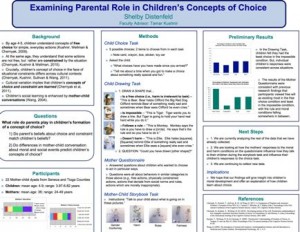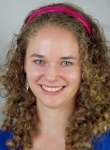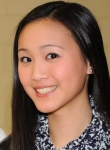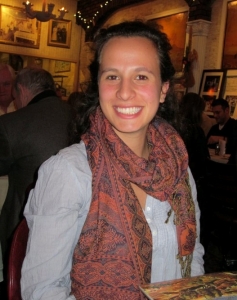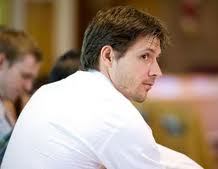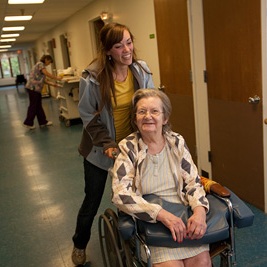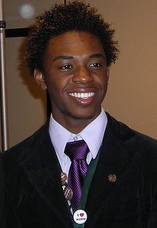By Karene Booker
Reprinted from Cornell Chronicle, February 16, 2012
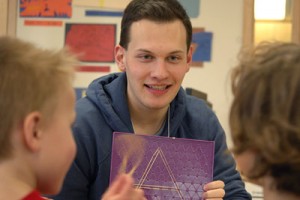
Michael Verini '14 works with children at the Cornell Child Care Center as part of the Big Red Buddies program. Photo by Mark Vorreuter
Not everyone gets to be a prince for an afternoon, but Emilie Stewart '14 did as a volunteer for Big Red Buddies. The new program places Cornell students at the Cornell Child Care Center to read to and play with the children -- and to learn and be inspired.
Stewart, a human development major in the College of Human Ecology, explained that one afternoon when she came in, the children did not want story time. Instead they headed for the dress-up corner. "I spent my entire afternoon pretending to be a prince and chasing the kids around on my imaginary horse," she said. "The spirit and enthusiasm of these children reminded me of the importance of doing things just because they bring you happiness."
Someday, she said, "the firsthand experiences that I have had with children during their educational process will enable me to better develop early childhood programs within low-income communities."
Human development major Monique Hall '14 volunteers with infants, which provides her with a close-up view of child development. "I saw one of the babies go from just being able to lie on her back to being able to roll over and sit up on her own. Another went from babbling to saying words. Others begin to walk and feed themselves," she said. "It's just so amazing to watch them grow."
The program was started last semester by Elizabeth Stilwell, lecturer and teaching liaison in the Department of Human Development. She got the idea for the program from students who observe children at the center to fulfill course requirements. "Observing was interesting, but these students wanted to spend time interacting with children," Stilwell said.
The center's director, Patty Sinclair, welcomed the idea. Stilwell and the center's leaders set about building the program. With funding from the Department of Human Development's undergraduate education committee, Stilwell hired a student coordinator, Michael Verini '14, a human development major who not only volunteers at the center but also recruits, trains and schedules the other student volunteers.
This past fall, the program had about 35 students spending one to two hours per week with children. "Because of the large number of applicants, we plan on expanding to 50 volunteers this spring," said Verini. "Ultimately, we hope to extend Big Red Buddies to include off-campus, community-based child care programs to increase the diversity of settings."
The program offers a way to thank the center for the undergraduate education and research opportunities that it provides to the College of Human Ecology, Stilwell noted.
While the students benefit from the play time, the children do too, Sinclair said.
"Whether the students are comforting a sleepy baby, helping a toddler express herself or reading a preschool child his favorite book, they are making a big impact in these young children's lives."
Karene Booker is extension support specialist in the Department of Human Development.



